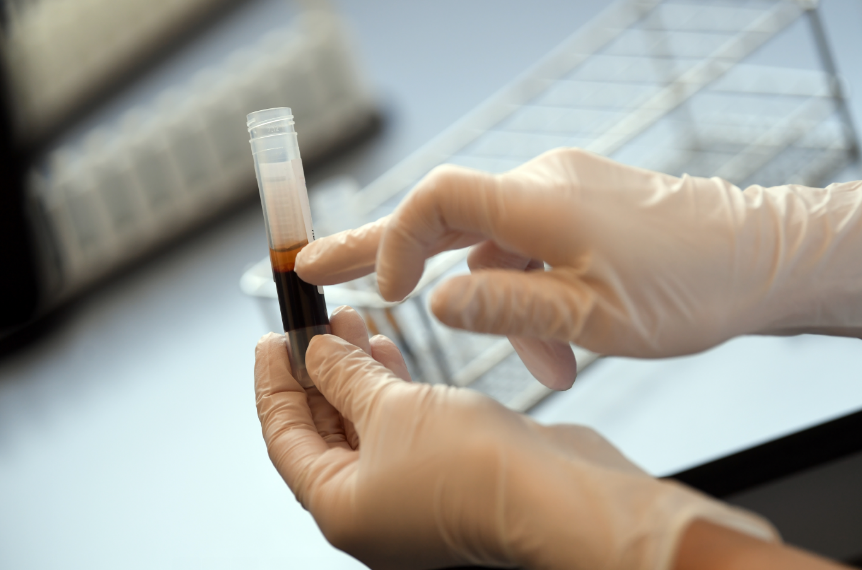
Initial tests to find out whether antibodies of people who recovered successfully from coronavirus can help other patients do the same have made a significant fast recovery.
Remarkable Breakthrough
During the Spanish Flu pandemic in 1918, the treatment known as convalescent plasma (CP) therapy was used way before vaccines or antivirals were available. This type of treatment relies on the blood from the people who recovered from the flu. It was found out that time that their blood contains powerful antibodies trained to fight the virus.
In a "remarkable breakthrough" - as how scientists describe it-the blood plasma of the people who won the fight against coronavirus was given to 10 severely ill patients.
Each volunteer of the study was given blood transfusions of convalescent plasma from recovered patients who are suffering from fever, cough or shortness of breath, and others that were complaining of vomiting, diarrhea, and chest pain.
The symptoms of the patients either markedly improved or completely disappeared in that time, according to scientists. From mechanical ventilation, two patients were moved onto less invasive high-flow nasal cannula. Meanwhile, one patient no longer needed help breathing because of the treatment.
Used for centuries to tackle other conditions, CP therapy was also used to tackle SARS and MERS which are two viruses closely related to the COVID-19 virus strain.
How does blood plasma work?
The body starts making specially designed proteins called antibodies to fight the infection once a person gets infected by a particular bacteria. Those antibodies float in the blood - specifically in the plasma which is the liquid part of blood for months or even for years-after the person recovers.
Before being tested, purified and transfused to the patient, the antibodies can then be extracted by drawing the blood through a tube to separate it. However, CP therapy has only temporary effects on the body which means that more additional treatments are likely needed since it does not work as a long-term vaccination.
More research is needed
As of now, there is still no treatment for COVId-19 and vaccines are unlikely to be available before the end of the year at the earliest.
The study was published in the journal Proceedings of the National Academies of Sciences (PNAS). They assigned a random group that would not receive the plasma but with similar symptoms. Of that group, six improved, one person recovered, but three patients died.
Although the treatment was approved by the U.S. Food and Drug Administration, scientists say that there is no guarantee that CP therapy will work but they are hopeful that it will give them time to develop new, scientific treatments for COVID-19.
Takeda Pharmaceutical Co., a Japanese drugmaker is currently developing a new drug for coronavirus that is derived from the blood plasma. Medical professionals around the world are finding a range of various treatments that have helped cure coronavirus patients.
Likewise, Rotterdam and Utrecht University say they have discovered an antibody that can fight off an infection from coronavirus. Indian doctors have also been successful in treating COVID-19 using HIV, swine flu, and Malaria medicines.
For more updates, like the Science Times page on Facebook or Sign up for our newsletter.
© 2026 ScienceTimes.com All rights reserved. Do not reproduce without permission. The window to the world of Science Times.










